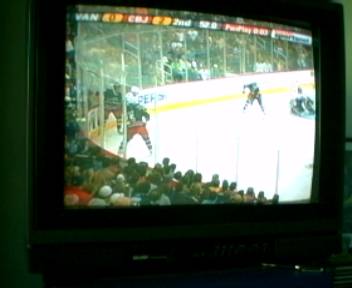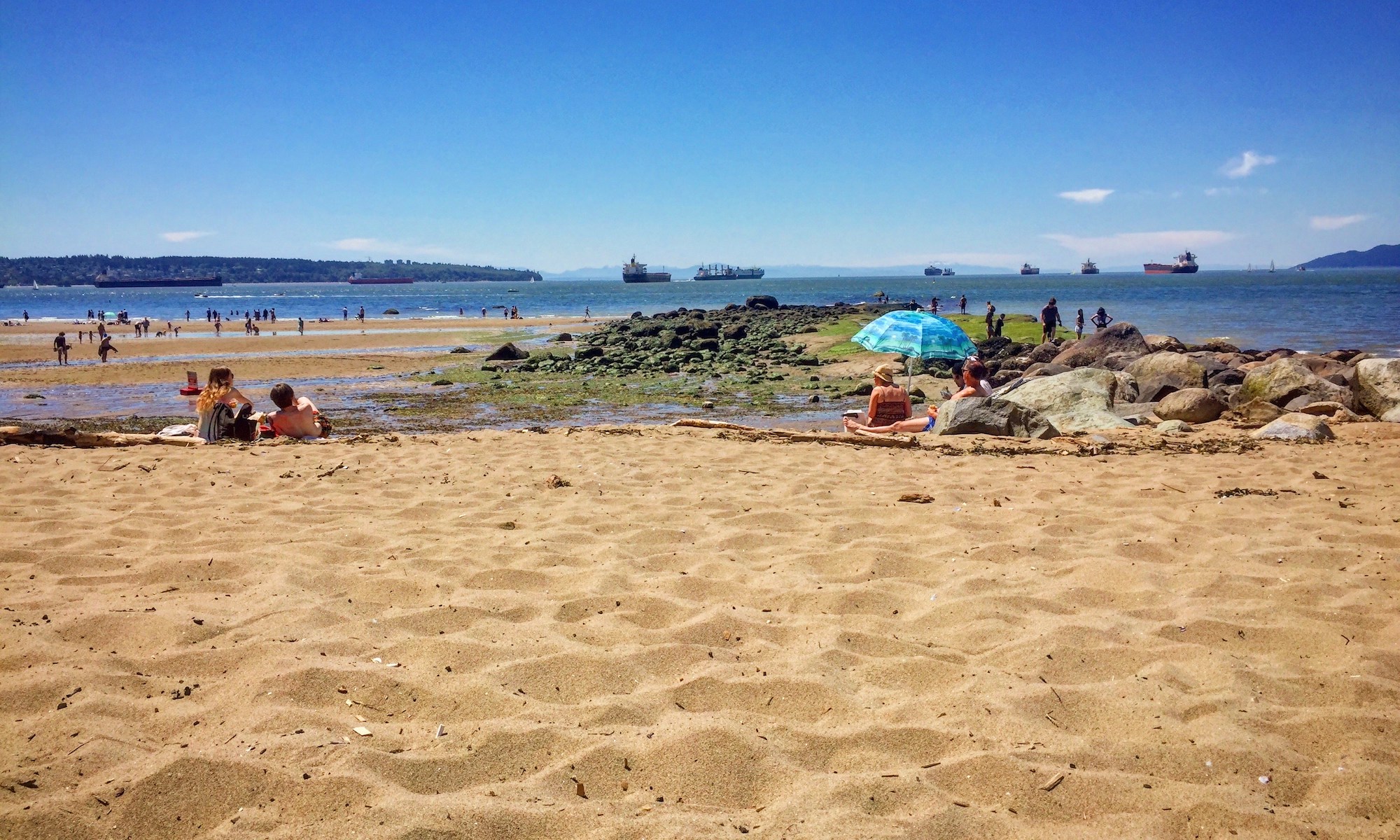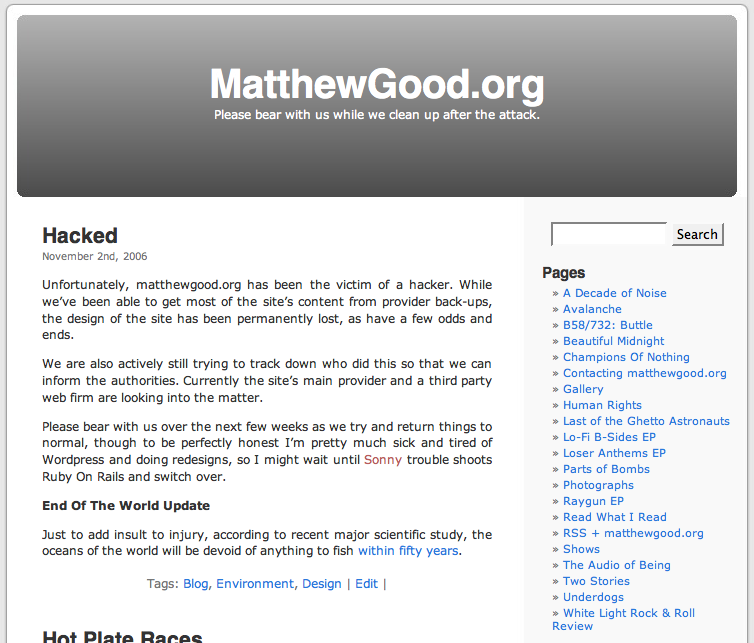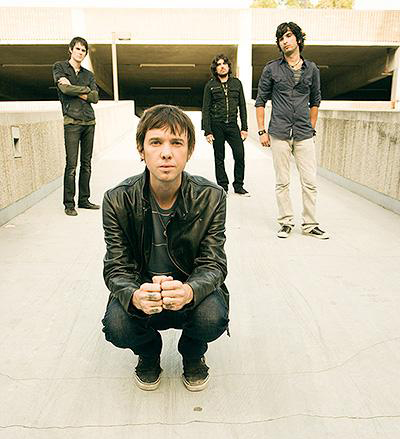I’ve been a long time reader of PodcastingTricks.com, and the site is very resourceful for those looking for ways to get into podcasting. At the same time, there are folks, such as myself, who like to stay up to date with other things going on in the medium. Trust me, you are never a true professional, no matter how much you’ve seen and done. If you are not constantly learning and trying new things, especially in podcasting, then you are bound to have a rude awakening at some point.
Everyone has tips for doing things, and podcasting has about a million of them. PodcastingTricks.com just posted “Seven Steps to Successful Podcasting” that, for the most part, are very useful to anyone new to all of this. You can check it out for yourself, but the part I want to highlight is step number seven.
7) The only piece of gear advice in this post – get a great microphone. I know some of you were hoping this was an article describing the seven pieces of gear you need to buy in order to be successful at podcasting. If only that it were just a question of gear. Unfortunately, just as buying the same golf clubs used by Tiger Woods won’t help you shoot under par, using the same gear as Howard Stern won’t make you a star. But there is one piece of gear that can make or break a podcast, and that’s the mic. There’s no undo button for the microphone. It’s the most important part in your audio chain. If the sound coming into your computer is bad from the start, you’re swimming upstream the rest of the show. That’s why this is the place to spend the lion’s share of your budget. Buy the best mic you can afford first. Then everything else can follow over time. If you’re miserly here, you’ll regret it later. [podcastingtricks]
To all newbie podcasters, tread lightly on this point. I have heard so many people in podcasting say that if you are going to do this, then go buy the most expensive mic that you can. Based on my experience of buying equipment for radio stations, price does not account for quality products. Let me say that again. Expensive does not mean that you are buying a great microphone.
There is a lot of technical mumbo-jumbo that can make your head spin when you get into the gritty details of how a microphone is engineered. Omni-directional versus uni-directional, and so on. If you are uncomfortable with all of that and don’t know where to start, think about it on a consumer level.
Where ever you buy something from, find out their return policy. Can you buy it, try it out, and then get a refund if you don’t like it? Worst comes to worst, you can always try to sell it on eBay or Craigslist. However, getting your money back might make you feel a little less like you’re going all in on an unsure hand.
There are a lot of things that you can do to aid in your disadvantage of not having great equipment. If you are big on post-production, meaning editing your audio after recording it, learn the software that is available to you. Applying filters and effects can change the quality of your audio dramatically. You might not be able to get it broadcast booth quality, but in podcasting, does that really matter? Just get it to where it sounds good to you.
Mixers can also do a lot for a mic. Adjusting the gain and messing with the EQ’s can make the cheapest microphones sound just as good as, if not better than, the most expensive stuff. Additionally, mixers can also do a lot for your space, reducing background noise and room echoes. Think about that before you start stapling egg crate foam to your walls.
The point is, be careful, do your homework, and see what other people are doing. Chances are, if you email a podcaster about their setup, they’re going to get back to you. At the same time, get started on your own project, with a bare bones setup, and just get used to it. No one is perfect out of the gate.
When it comes to equipment, you want to make sure that this is something you want to stick with over the long term. Think about that before anything else. If you lose focus and stop doing this after your third episode, you’ll have a $600 mic sitting around and a story you’ll share from time to time of, “Yeah, I had a podcast once.”
 What I didn’t get was hockey. The Canucks don’t play until tomorrow night, but I thought, at the very least, that some other game would be shown. Out of what we do get on our cable package, there wasn’t a single game on the tube. There was Monday Night Football, but out of the six games played in the NHL tonight, none of them were televised in our area. All I could get was Sportscentre recaps.
What I didn’t get was hockey. The Canucks don’t play until tomorrow night, but I thought, at the very least, that some other game would be shown. Out of what we do get on our cable package, there wasn’t a single game on the tube. There was Monday Night Football, but out of the six games played in the NHL tonight, none of them were televised in our area. All I could get was Sportscentre recaps.


